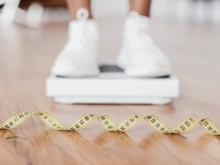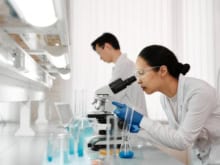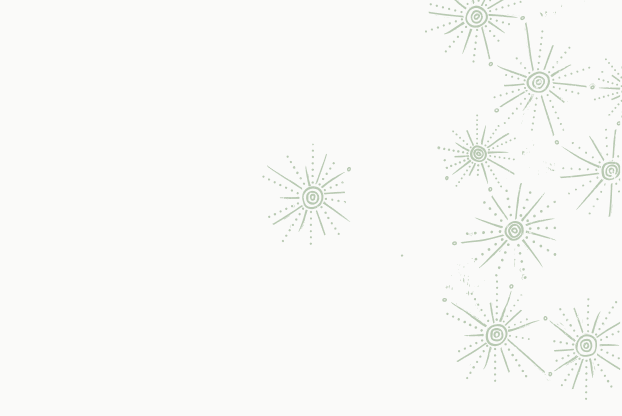Aboriginal Health and Wellbeing
We are committed to enhancing Aboriginal leadership, leveraging positive health and wellbeing achievements, and pioneering innovative models for care and service delivery.
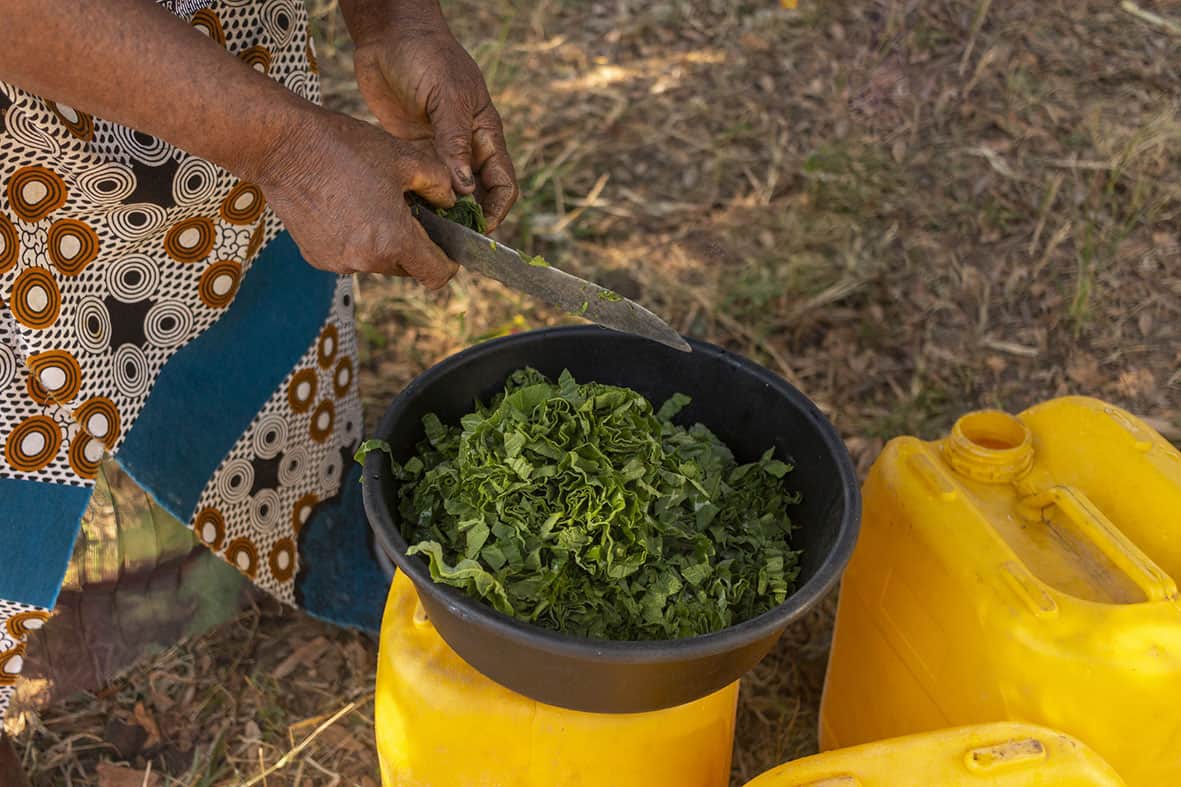
The health of urban Aboriginal people has been overlooked for too long. With lower life expectancy, higher child mortality, and less access to early childhood education, academic achievement and employment outcomes, we know it’s time to change.
To make this change a real one, we are working with Aboriginal leaders to ensure our research meets the needs of the community. It’s important we follow Aboriginal protocol, focus on sense of place, leadership and culture, seek solutions within the community, and design health research on Aboriginal terms.
Our goal, for Aboriginal Health and Wellbeing, is to understand the concerns of everyone involved – patients, carers, service providers, policy makers and the public. Once we do, we can use this knowledge to translate research quickly. We believe this is how we can bring lasting improvement and economic benefit to Aboriginal people.
Our Vision
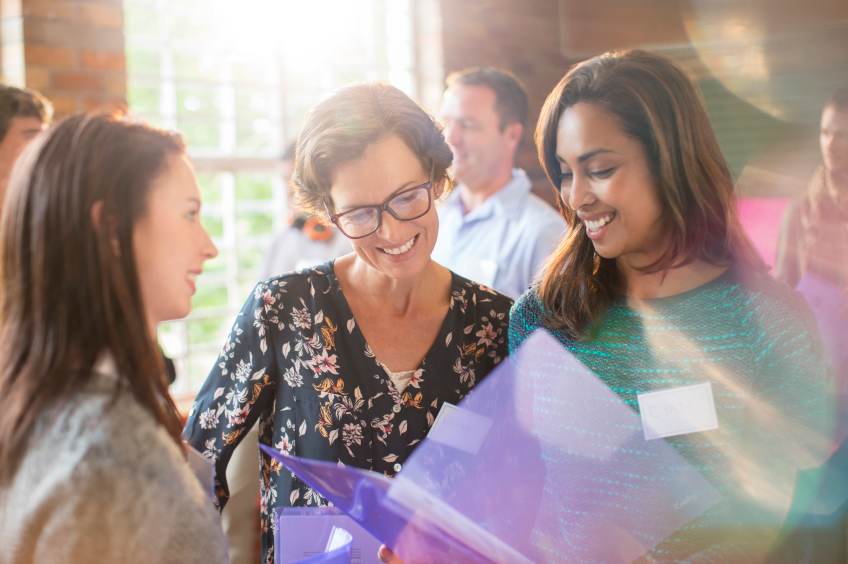
Our Vision
To reinforce Aboriginal research leadership, build on the strengths and success of positive health and wellbeing outcomes, and develop innovative models of care and service delivery.
Our Focus
Our Focus
Aboriginal health disadvantage is complex and multidimensional. Our trans-disciplinary approach to healthcare acknowledges this, while upholding the social and cultural strengths of the community.
We are currently engaged in the following activity:
-
Community Engagement
We are working with Aboriginal and Torres Strait Islander community members, their organisations, and representatives in the Sydney basin to encourage genuine engagement. This engagement is ongoing and is central to every project we undertake.
-
Program Evaluation
Evaluation is integral to research translation. Without it, research stands still. We’re developing a suite of products designed to evaluate programs across research, education and healthcare – with greater accuracy and efficiency.
-
Education
It’s important that every non-indigenous clinician, researcher, service provider and organisation understands how to engage with Aboriginal people. As Aboriginal health and wellbeing educators, we’re building the capacity of Aboriginal people, and the cultural capability of organisations and individuals. We’re especially focused on those with little experience in building relationships with this community.
Our Projects
Our Team
Collaborators


